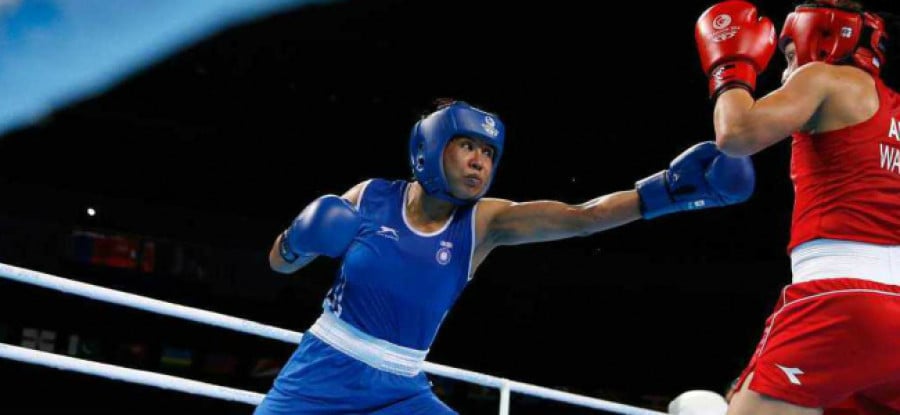Devi’s Public Interest Litigation & the call for clearer dispute resolution guidelines in India

The facts of Indian boxer, Sarita Devi’s, case are relatively well documented (see this author’s previous blog).1 By way of brief recap, on 1 October 2014, Devi refused to accept the bronze medal presented to her during the awards ceremony at the 2014 Asian Games Incheon, choosing instead to hang the medal around the neck of her semi-final opponent, Park Ji-Na.
Devi believed that the result of the semi-final bout, which she was adjudged to have lost, was biased and incorrect and that she had clearly won the fight. The judges, however, ruled differently, and pursuant to Rule 52 of the AIBA Technical Rules, boxers are unable to appeal the judges’ decision (although they can appeal the referee’s decisions during the fight). Accordingly, the result stood.
In response to Devi’s actions, the International Boxing Association (AIBA) banned Devi for a year for breaching Article 3.13 of the AIBA Disciplinary Code, which states:4
“3.1 All persons subject to this Disciplinary Code must:
(e) at all times behave with respect towards each other;
(f) respect the principles of honesty, integrity and sportsmanship; and
(g) act in accordance with the principle of fair-play.”
The ban expires on October 1, 2015. Sandeep Jajodia, president of India’s boxing governing body, Boxing India (BI), later explained that Devi was also fined 1000 Swiss Francs for her actions.5 AIBA has noted that Devi’s ban can be reduced based on her behavior in the year and that she may still be able to compete in the 2016 Rio Olympics.6
The response in India: a Public Interest Litigation plea
The case has caused much stir in India owing to the perceived severity of AIBA’s ban, and the apparent lack of an appropriate and coordinated legal challenge. Questions were asked about the appropriate responses of relevant governing bodies, the principal issues being (i) whether or not there should have been an effective appeal to the Court of Arbitration for Sport (CAS), and (ii) the wider concern about the general lack of clarity surrounding the dispute resolution processes. The governing bodies singled out for their perceived failings included:
- Delhi International Arbitration Centre – India’s central body for overseeing and conducting institutional arbitral procedures;7
- Boxing India – pursuant to Article 4.28
- The Indian Olympic Association (IOA) – the IOA‘s involvement is due to Devi’s incident taking place at the Asian Games, which are part of the Olympic movement through the Olympic Council of Asia (OCA).9 Any occurrence at the Asian Games falls under Article 6110
The criticisms reached such a degree that a senior advocate, Rajiv Dutta, decided to file a Public Interest Litigation plea to ask the Courts to address the issues. The particulars of the filing shall be examined in more detail below, but first this author will describe the concept of Public Interest Litigation (PIL) in India for those unfamiliar.
To continue reading or watching login or register here
Already a member? Sign in
Get access to all of the expert analysis and commentary at LawInSport including articles, webinars, conference videos and podcast transcripts. Find out more here.
- Tags: Asian Games Incheon | Boxing | Court of Arbitration for Sport (CAS) | Delhi High Court | Delhi International Arbitration Centre | Governance | India | Indian Olympic Association (IOA) | International Boxing Association (AIBA) | Ministry of Youth Affairs and Sports | Regulation
Related Articles
- Indian boxer refuses bronze medal at Asian Games, OCA issues warning
- Boxing coaches and Chef de Mission for India provisionally suspended by AIBA following Devi scandal
- Conflicting regulations causes problems for Olympic Sports Governing Bodies in India
- India’s problematic governance of amateur boxing
Written by
Manali Kulkarni
Manali previously researched on sports and society in India, specifically focusing on the influence of sport on the gender divide in India. She joined LawInSport in September 2013 as a research assistant providing updates on Indian sports law.




